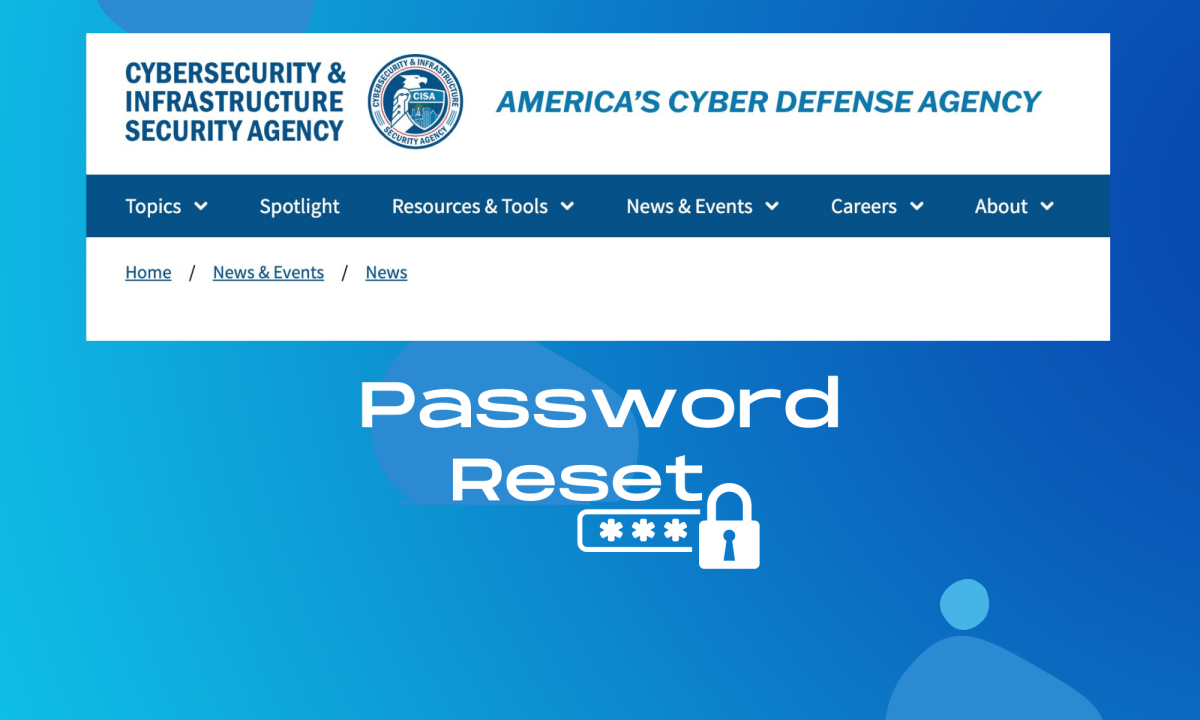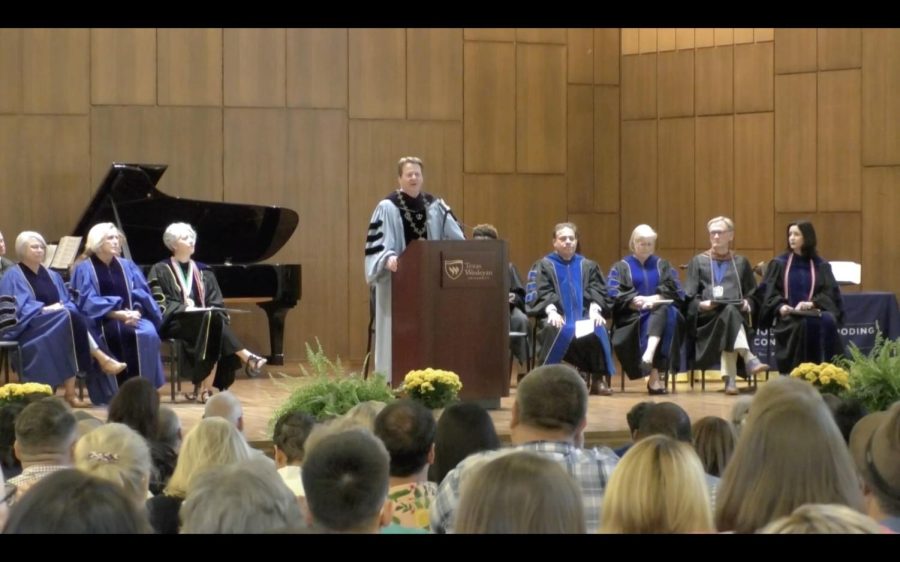With new branding slogans such as “Wear it for Wesleyan” and “Protect your Ramily” circulating all over campus, we must consider how well the school is handling COVID-19 and attempting to #stopthespread.
The Rambler staff acknowledges that Wesleyan does a decent job overall with COVID-19 spread prevention but believes that it could be more proactive and improved in some areas.
Most professors and students often forget to check for the screening, much less complete it before they arrive on campus for the day, therefore it is not effective as a preventive measure.
As a result of this issue, The Rambler staff recommends that the university take the following actions to further enhance the safety of the campus:
First, the university could implement front-desk responsibilities to include checking all students and faculty for their screened result at the door, or else the campus could continue to come into contact with the virus.
Second, the university could require students who have previously tested positive to only return to campus and their in-person classes when they have documentation from either a negative test result or approval from a local health practitioner that affirms the student is no longer contagious.
Last, we believe it would largely enhance student and faculty morale and encourage quarantining efforts, if the university were able to create and moderate an online forum for those who have tested positive which would allow them to interact with each other and have better access to all the necessary resources.
According to Wesleyan’s latest update on COVID-19 cases on campus, there was a huge spike of students who were on campus within 48 hours of developing symptoms or coming back positive on the week of Oct. 19-25.
Now on the week of Nov. 9-15, there are only two students who were indirectly in contact with the campus, meaning they were not on campus 48 hours prior to developing symptoms or their positive test.
We see these reactive measures are well implemented when a student actually follows the protocol and takes it as seriously as they should, but we also know that not everyone does and concede to how this is an individual movement, not something within reach of Wesleyan’s control.
According to the Centers for Disease Control and Prevention (CDC), Institutions of Higher Education (IHEs) are recommended testing as an asset to rapid case investigation and contact tracing and have tiers 1 through 3 that identifies those who should or should not get tested.
Students, faculty, and staff in Tier 1 are those who have a known close contact with or exposure to a person with confirmed COVID-19 and should be tested and quarantined as soon as possible. People in Tiers 2 and 3 should take an assessment of exposure risk screening.
Texas Wesleyan University’s initial COVID-19 policies and updates were meant to practice Tier 2 and 3 CDC recommendations, where students, faculty, and staff were required to complete the daily screening available at https://txwes.co1.qualtrics.com/jfe/form/SV_3F1hISZxGAvsVLf.
“Rams Return” policies require students to report themselves to the Dean of Students and the Texas Department of State Health Services website to register for contact tracing in the event of a positive test. They’re then told to quarantine for 14-days or until they report a confirmed negative test.
In conclusion, we commend the university’s current measures that are based on CDC guidelines for what they have done so far, and compared to other IHEs in the area, we are being smaller, smarter overall and reducing the spread as successfully as possible.
This campus needs access to reactive measures for a positive case or an outbreak of cases if we are going to continue to keep our Ramily safe next semester and for as long as this pandemic takes.









![Pippin, played by Hunter Heart, leads a musical number in the second act of the musical. [Photo courtesy Kris Ikejiri]](https://therambler.org/wp-content/uploads/2025/04/Pippin-Review-1200x800.jpg)
![Harriet and Warren, played by Trinity Chenault and Trent Cole, embrace in a hug [Photo courtesy Lauren Hunt]](https://therambler.org/wp-content/uploads/2025/02/lettersfromthelibrary_01-1200x800.jpg)
![Samantha Barragan celebrates following victory in a bout. [Photo courtesy Tu Pha]](https://therambler.org/wp-content/uploads/2025/05/20250504_164435000_iOS-834x1200.jpg)





![Hunter Heart (center), the play's lead, rehearses a scene alongside other student actors. [Photo courtesy Jacob Sanchez]](https://therambler.org/wp-content/uploads/2025/04/thumbnail_IMG_8412-1200x816.jpg)
![Student actors rehearse for Pippin, Theatre Wesleyan's upcoming musical. [Photo courtesy Jacob Rivera-Sanchez]](https://therambler.org/wp-content/uploads/2025/04/Pippin-Preview-1200x739.jpg)
![[Photo courtesy Brooklyn Rowe]](https://therambler.org/wp-content/uploads/2025/05/CMYK_Shaiza_4227-1080x1200.jpg)

![Lady Rams softball wraps up weekend against Nelson Lions with a victory [6 – 1]](https://therambler.org/wp-content/uploads/2025/04/Screenshot-2025-04-04-100924-1200x647.png)


















